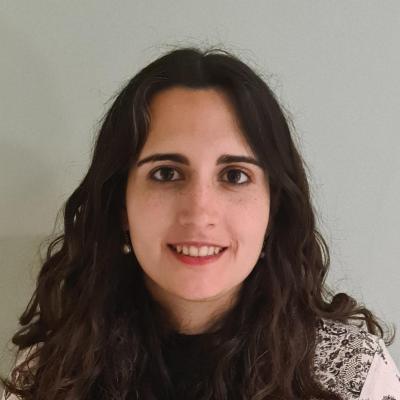- Tóth Kálmán u. 4., 1097 Budapest HUNGARY
- +36 1 309 2651
- lab@anet.krtk.mta.hu
- @AnetiLabs

Maria del Rio-Chanona (Complexity Science Hub): Data-driven and non-equilibrium network models of the economy: Applications to the COVID-19 pandemic and Automation the Labour market
Abstract | The recent COVID-19 pandemic has shown that the economy changes rapidly and that reaching an equilibrium state can take years, if reached at all. In this talk I argue that to understand the economy during normal and pandemic times, we need non-equilibrium data-driven models that focus on transitory periods. In the first part of this talk, I will present our COVID-19 work, where we predicted the lockdown economic shocks, built a network model of production and forecasted the pandemic's impact on the UK economy, and more recently studied the economic-epidemic trade-off during lockdowns. In the second part of this talk, I will present a data-driven network model of the labor market. In this model, workers move through an empirically derived occupational mobility network in response to automation scenarios. We find that the network structure plays an essential role in determining unemployment levels, with occupations in particular areas of the network having few job transition opportunities. Furthermore, in automation scenarios where low-wage occupations are more likely to be automated than high-wage occupations, the network effects are also more likely to increase the long-term unemployment of low-wage occupations.
Bio | Maria del Rio-Chanona has been a JSMF (James S. McDonnell Foundation) Postdoctoral Fellow at the Complexity Science Hub Vienna since June 2021 and affiliate at the Growth Lab at Harvard University’s Center for International Development (CID). Maria has a PhD in mathematics from Oxford University, where she was part of the complexity economics group of the Institute for New Economic Thinking, Oxford Martin School. She has worked alongside international policy organizations, including the International Monetary Fund and the International Labour Organisation. Maria did her undergraduate studies in physics at UNAM, Mexico. Maria’s research draws from network science, natural language processing, and agent-based modeling and focuses on the future of work, green transition, Great Resignation, and the economic impact of the Covid-19 pandemic.